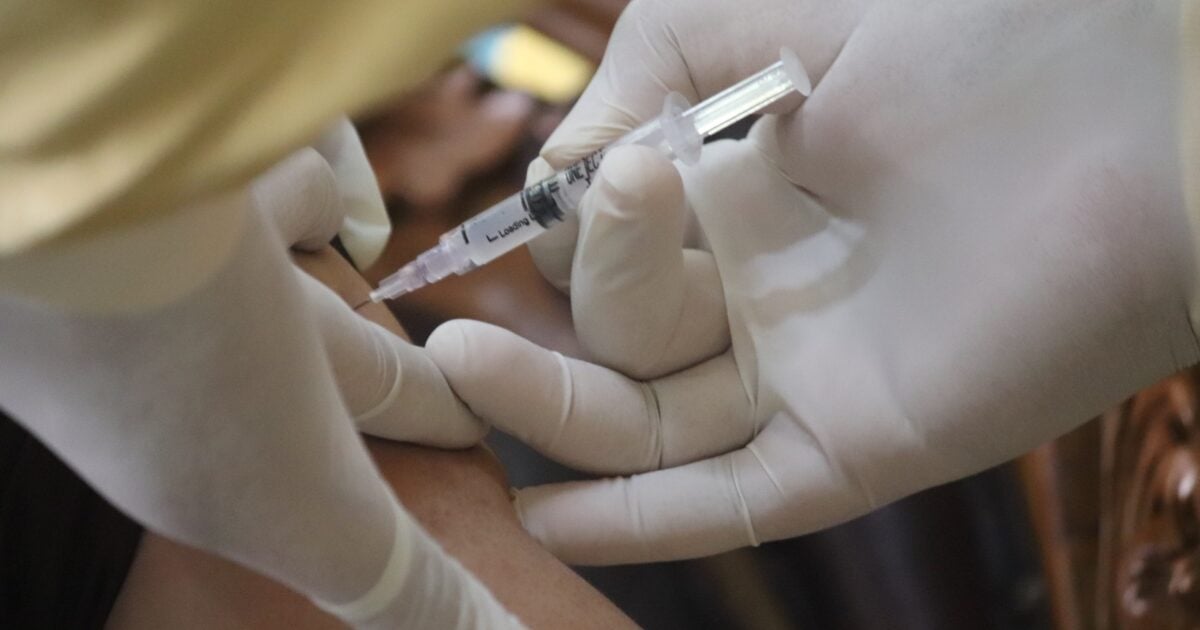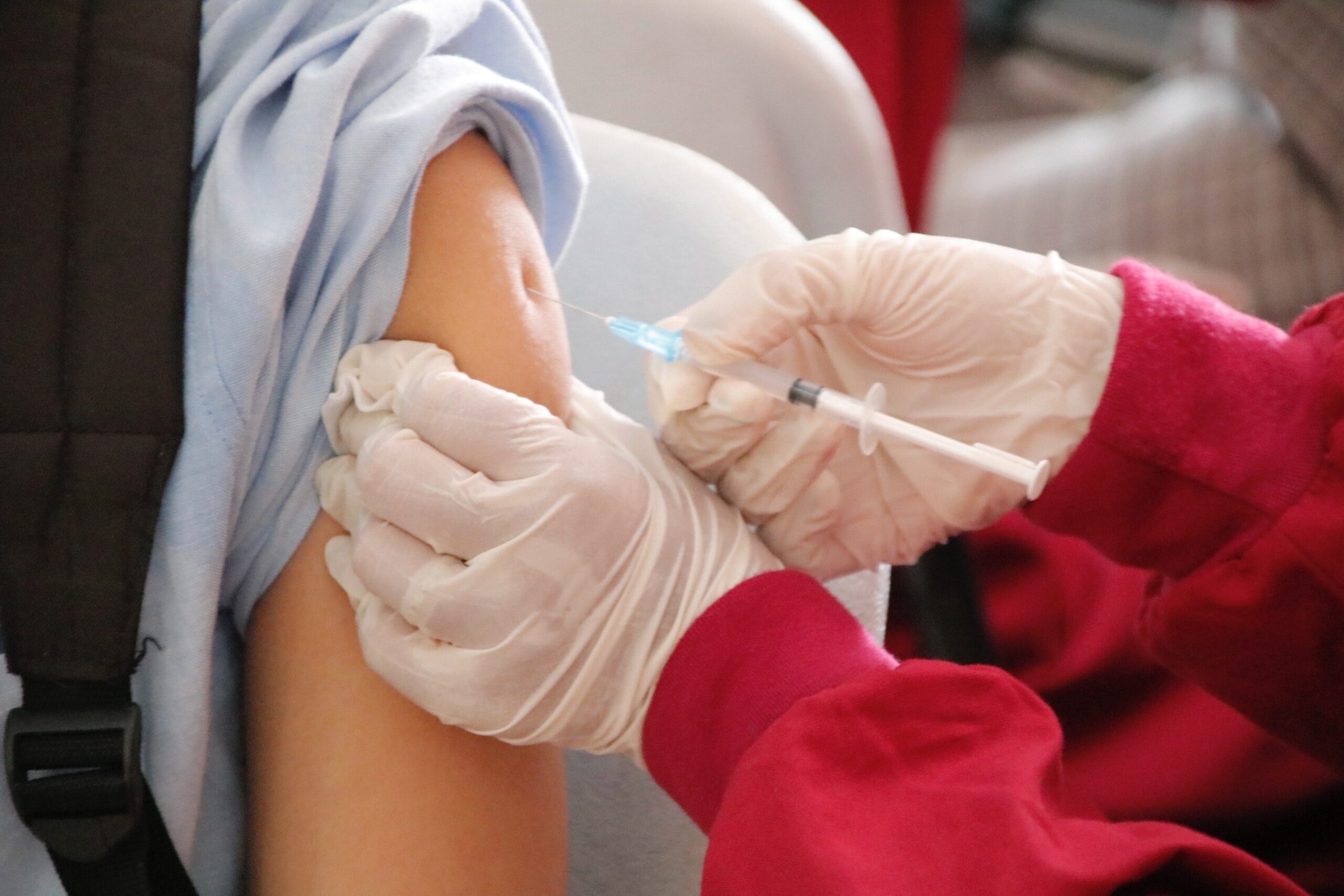Scientists in the United Kingdom have announced a “ground-breaking” vaccine that they claim could save people from bowel cancer.
In a statement from the British National Health Service, the state-run healthcare system confirmed that thousands of cancer patients would be given “fast-tracked access to trials of personalised cancer vaccines.”
The statement read:
The NHS today announced it has treated its first patient in England with a personalised vaccine against their bowel cancer, in a clinical trial part of NHS England’s new Cancer Vaccine Launch Pad.
In a national first, father-of-four Elliot Phebve received the developmental jab at University Hospitals Birmingham NHS Foundation Trust, one of several sites taking part in the colorectal cancer vaccine trial sponsored by BioNTech SE.
The German biotechnology company will tomorrow (1 June) present new preliminary data at the American Society of Clinical Oncology’s annual conference in Chicago on how measuring circulating tumour DNA could potentially help early detection of colorectal cancer.
According to the NHS, the cancer vaccines have been developed using the same MRNA technology used to create the COVID-19 jabs, which incidentally are neither safe nor particularly effective.
Elliot is among the first in England to receive a personalised cancer vaccine as part of a trial aimed at helping cancer patients.
If successful, these vaccines might one day prevent a patients cancer from returning or spreading.
Find out more. https://t.co/uSfShuxwy0 pic.twitter.com/31ryJHiFdl
— NHS England (@NHSEngland) May 31, 2024
The statement continued:
The investigational cancer vaccines evaluated in the colorectal cancer trial are based on mRNA – the same technology used for the Pfizer-BioNTech COVID-19 vaccine – and are created by analysing a patient’s tumour to identify mutations specific to their own cancer.
Using this information, medics then create an experimental individualised cancer vaccine.The developmental vaccines are designed to induce an immune response that may prevent cancer from returning after surgery on the primary tumour, by stimulating the patient’s immune system to specifically recognise and potentially destroy any remaining cancer cells.
The investigational cancer vaccines being jointly developed by biopharmaceutical companies BioNTech and Genentech, a member of the Roche Group, are still undergoing trials and have not yet been approved by regulators.
The development comes as scientists around the world say they are baffled by a mysterious cancer “epidemic” affecting young people. This has been particularly highlighted in the United Kingdom by Princess Kate Middleton’s cancer diagnosis, although the specific type of cancer has not been publicly disclosed.


